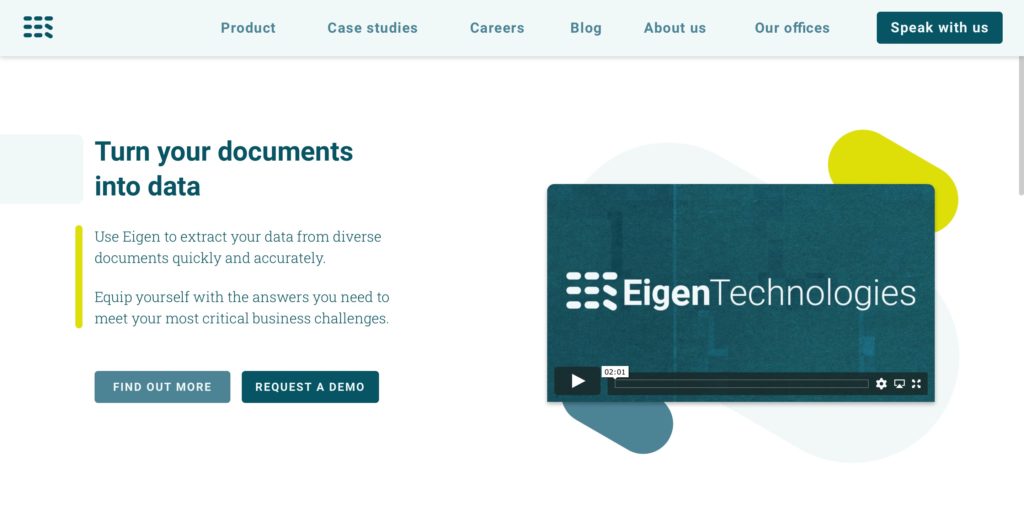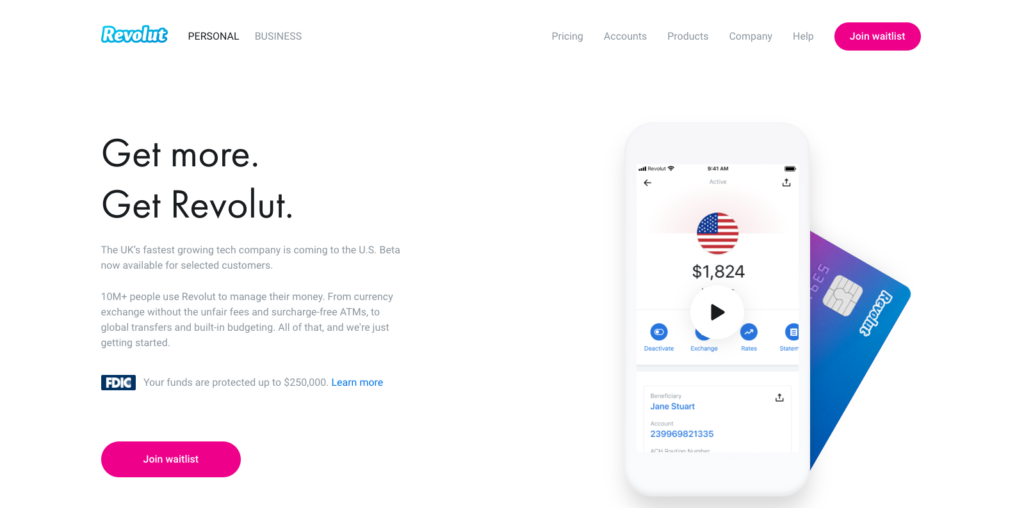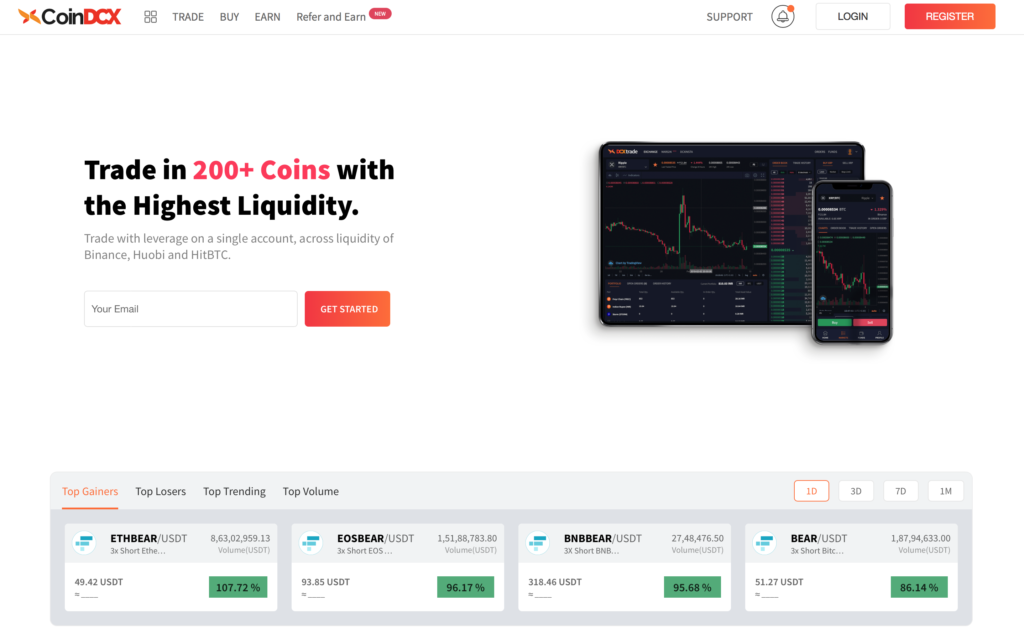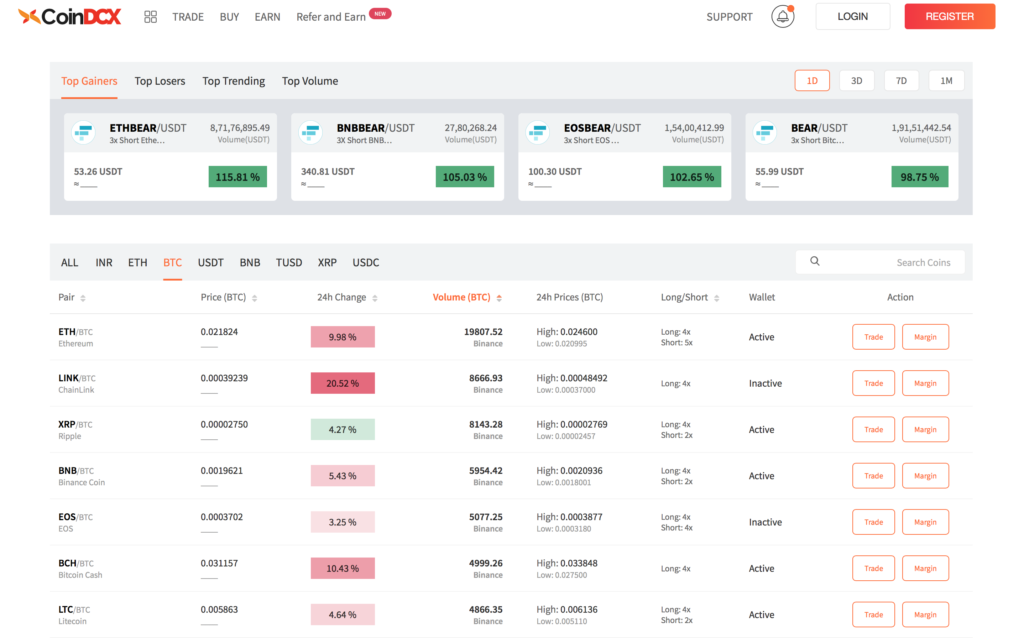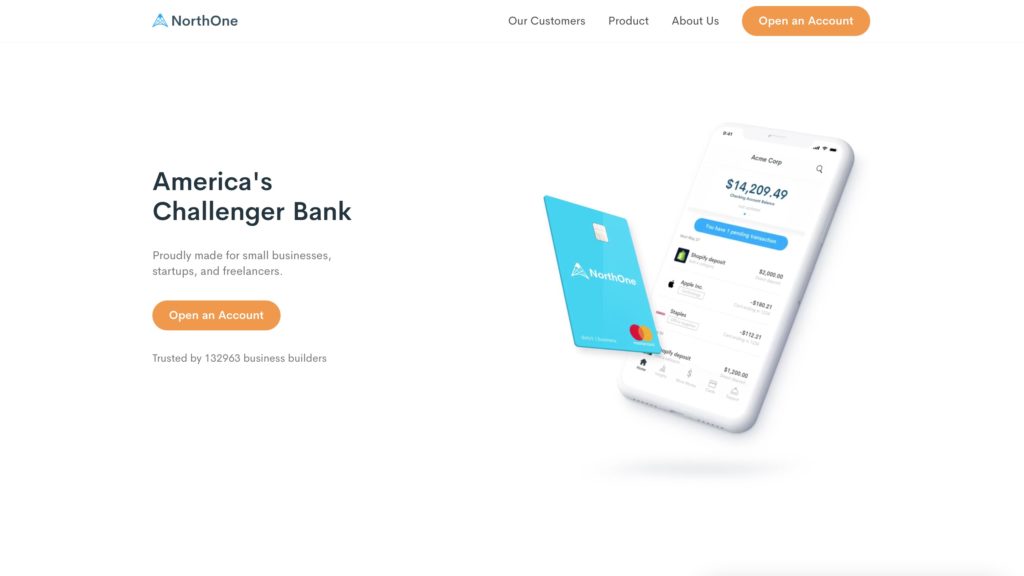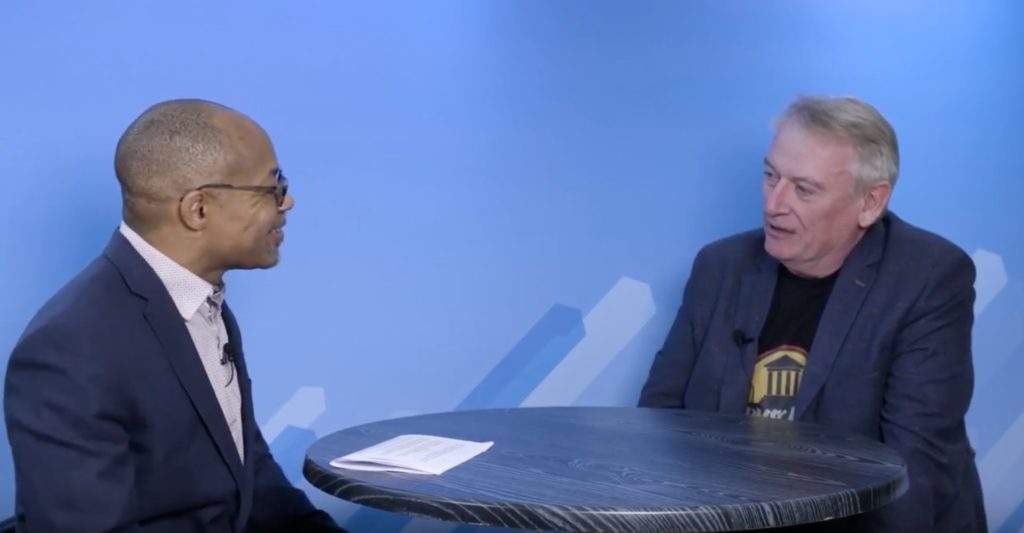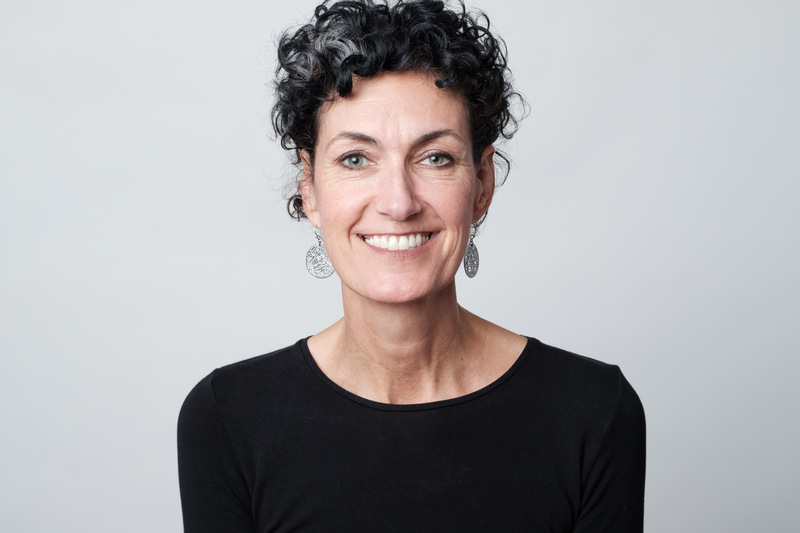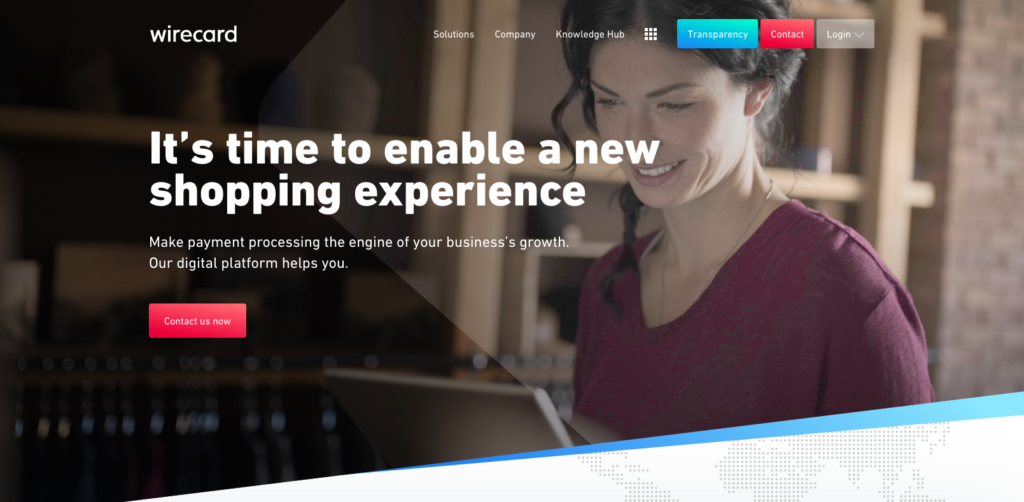
German online lender Kreditech announced a rebrand this week. Now known as Monedo, the company has completed a major C-suite overhaul – including a new Chairman, CEO, CFO, and CTO, and is gearing up for an expansion into the near-prime lending markets of India, Russia, Poland, and Spain.
“The name change marks the next stage in the fundamental transformation we have been undergoing, as the company moves from a start-up to a scale-up fintech,” Monedo CEO David Chan explained. “Throughout 2019 we have been focused on successfully transitioning the company back to growth by focusing on improving operational efficiency, risk, and cost management capabilities, and strengthening our products and services.”
Chan credited this emphasis – along with the financial support of the company’s investors – for making the company “perfectly positioned” to reach its growth goals.
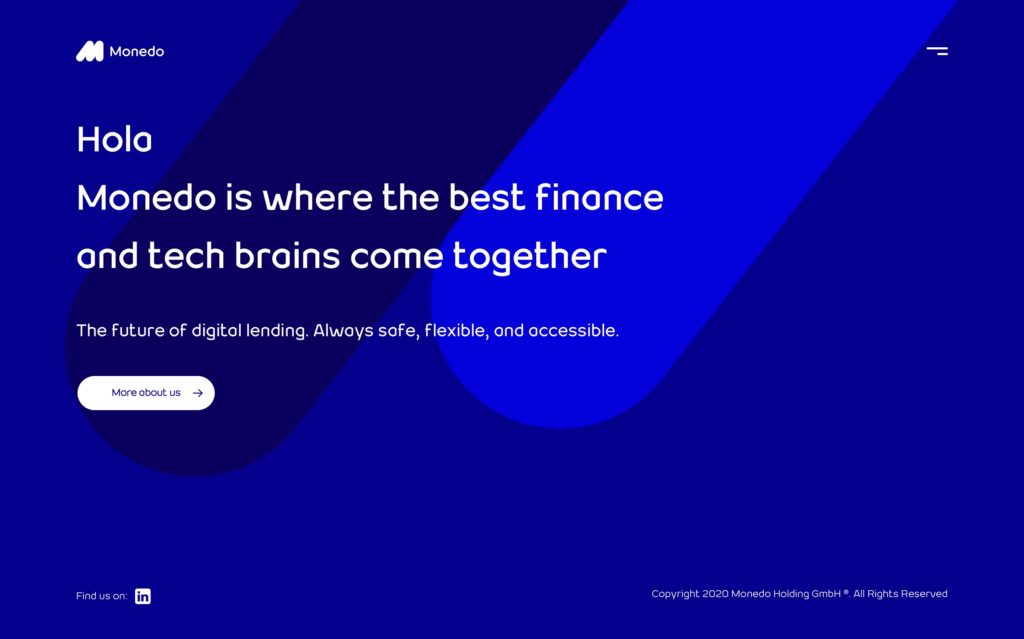
Monedo says that it plans to reach €1 billion in revenue by 2025, propelled both by growth in current markets as well as expansion into new ones. Founded in 2012, the company has been a Finovate alum since 2014.
A new partnership between two Finovate alums – SecureKey Technologies and Onfido – will combine AI-enabled, physical identity document proofing with real-time authentication and verification.
“Our partnership demonstrates positive market movement towards a more secure digital future for consumers,” SecureKey Technologies CEO Greg Wolfond said. “At SecureKey, we believe strong, privacy-based digital identity requires the collaboration of multiple players and are pleased to continue our track record of developing market-leading digital identity services and offerings alongside like-minded organizations.”
Toronto, Ontario-based SecureKey is a Finovate alum since its FinovateFall debut in 2010. Ondot, which is headquartered in Santa Clara, California, first demoed at Finovate 2014 and most recently presented its latest technology at FinovateSpring in 2018.
The collaboration will enable users to scan physical ID documents and have additional personal information verified in real-time from trusted sources such as financial institutions, credit bureaus, and government agencies. The companies said that this combination of credential and login document validation is key to both expanding digital capabilities worldwide as well as making identity verification a more secure and safe process for consumers.
“At Onfido, our mission is to create a more open world, where identity is the key to access,” company CEO Husayn Kassai said. “SecureKey clearly shares this same drive to build a more secure landscape where customers can have privacy, security, and consent all in one easy-to-use process,.”
Here is our weekly look at the latest news from our Finovate alums.
- MX CEO Ryan Caldwell named Utah CEO of the Year.
- Metro Bank to partner with Ezbob to launch small business lending platform.
- Mambu forges partnership with Australian unsecured credit lender Nimble.
- Minneapolis Star Tribune spotlights local fintech, ClickSWITCH.
- BankMobile teams up with Billshark and bartleby to add functionality to its BankMobile Vibe platform for college students.
- SME lender OnDeck announces its first ever NASCAR sponsorship.
- Envestnet announces plans to expand operations in Raleigh, North Carolina.
- Wipro to work with SAP Concur to co-develop solutions for retail and fashion.
- Baker Hill NextGen to power loan origination and risk management for BankSouth lending portfolio.
- Backbase partners with core-as-a-service platform Finxact to help banks with digital transformation.
- DXC Technology collaborates with Tradeshift to help enterprises automate procure-to-pay processes.
- International Banker profiles Poland’s digital banking leader mBank.
- Nomis Solutions announces Nomis nSight, a tool to optimally price deposits and mortgages in real time.
- Zopa celebrates 15 years. Happy birthday Zopa!
- Signifyd launches its Commerce Protection Platform to maximize e-commerce conversion, automate customer experience, and eliminate fraud and customer abuse.
- Zenoo selects ID R&D for its passive facial liveness digital onboarding solution.
- Strands revamps its developer portal.
- Zafin welcomes Venkataraman Balasubramanian as executive vice president and chief technology officer.
- Neener Analytics partners with Visa to foster financial inclusion via its 1-click financial risk decisioning.
- Fintech Breakthrough Awards name CUneXus Best Consumer Lending Company.
- Jack Henry & Associates integrates BusinessManager into the SilverLake System core platform to streamline accounts receivable (A/R) financing.
- Five Degrees adds Meniga to its open banking.
- Salt Edge working with PwC to help businesses implement open banking technology.
- Transportation Alliance Bank brings on Insuritas to design, launch, and manage a digital insurance agency.
- Revolut launches Revolut Perks, a rewards and discount feature for U.K. customers.
- Finantix acquires data science company InCube for an undisclosed amount.
- Forte Payments launches new billpay solution.
Finovate Alumni Features and Profiles
Eigen Technologies Hauls in $42 Million to Bring NLP Tech to Financial Services – The funding comes from ING Ventures and is part of a “broader strategic partnership” that blends Eigen’s NLP technology with ING’s experience in applying machine learning to financial services.
Revolut Users Can Now Diversify with Gold – Digital alternative banking company Revolut announced this week it is helping users diversify their portfolios even further by enabling in-app purchases of gold.
Mastercard and Samsung Make Going Digital More Accessible – “This partnership with Mastercard is our way of making that future available to everyone by helping to close the digital divide, especially in emerging economies and countries,” explained KC Choi, executive vice president of Global Mobile B2B at Samsung.
Airwallex Integrates with Xero to Help SMEs Reconcile Cross-Border Payments – Small and medium-sized businesses working with Australian cross-border payments company Airwallex will be getting some help with their books. The company has announced a new partnership with New Zealand-based, cloud accounting company Xero.
Credit Sesame Launches Digital Bank Account – Financial health platform Credit Sesame announced this week it has launched Sesame Cash, a debit card aimed to help consumers reach financial stability while optimizing credit.
Marqeta Partners with Klarna and Doordash for Australia Launch – The company announced today that its arrival in the Asia-Pacific market will also help support fellow Finovate alum Klarna and customer Doordash as they expand in the country.
Enveil and the Challenge of Securing Data In Use – When it comes to defending your data, Enveil’s speciality is helping prevent you from losing it while you’re using it.
SpyCloud Integrates with ThreatConnect to Help Stop Account Takeover Attacks – A new partnership between intelligence-driven security operations platform ThreatConnect and account takeover prevention solution provider SpyCloud will help individuals take action during the critical time between credential exposure and account breach.



